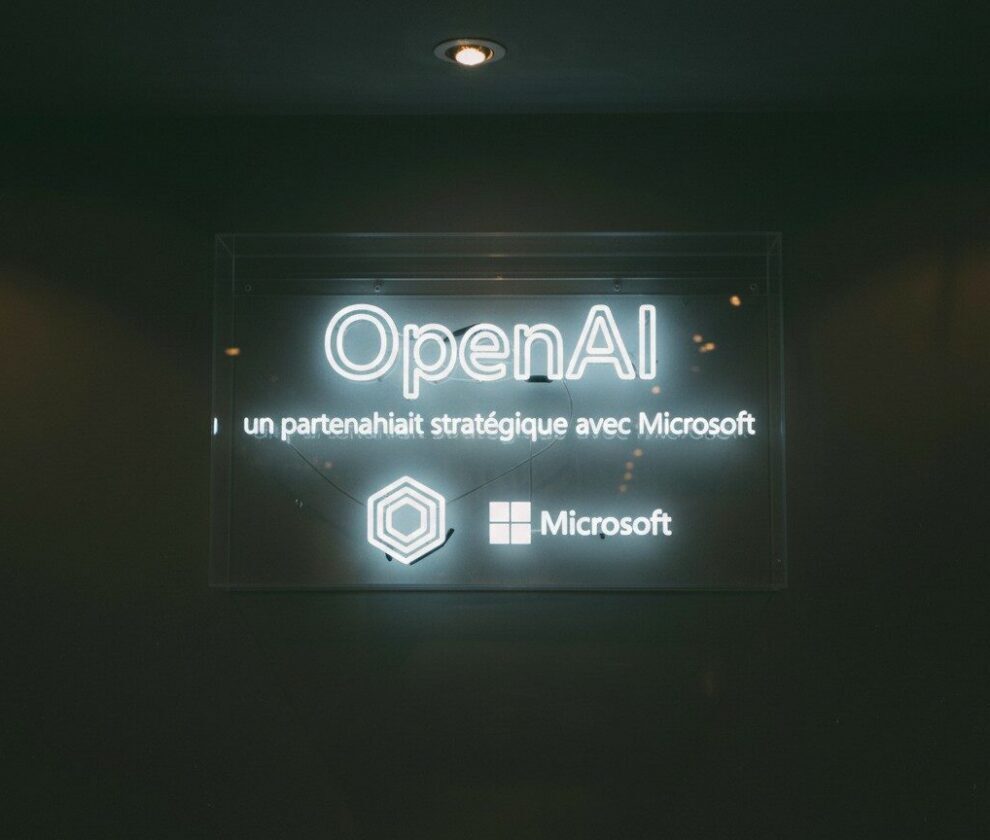In an era where digital communication dominates, concerns about data security and sovereignty have become paramount for governments and organizations worldwide. In a strategic move to bolster its data protection and ensure digital independence, France has chosen to adopt the decentralized communication protocol Matrix for its state messaging service. This choice highlights a pivotal shift in how nations approach secure communication technologies.
The Transition: A Safeguard Against Digital Threats
Amid increasing geopolitical tensions and the rise in cyberattacks, centralized messaging platforms hosted by foreign entities have come under scrutiny. Governments are now looking for alternative solutions to protect their sensitive communications. Matrix, a decentralized communication protocol developed over a decade ago, has emerged as a robust option. This open-source network powers Tchap, the official messaging app used by over 600,000 public officials in France.
Why Matrix Stands Out
The decision to implement Matrix was driven by several critical factors:
- Digital Sovereignty: By leveraging Matrix, France gains full control over its messaging infrastructure and reduces its dependence on foreign technology providers.
- Enhanced Security: The decentralized nature of Matrix ensures resilience against cyber threats and adds layers of protection for sensitive communications.
- Open-Source Transparency: Matrix’s open-source architecture fosters global contributions and continuous improvement while maintaining transparency in its operations.
This combination of security, sovereignty, and innovation has made Matrix an appealing choice for nations aspiring to safeguard their communications.
A Growing European Trend
France is not alone in exploring Matrix’s potential. As the first country to achieve Silver membership in the Matrix.org Foundation, it is paving the way for others. Germany has already integrated Matrix-like solutions within its healthcare sector, while Sweden is assessing its use for creating secure communication tools. This adoption underscores a collective European effort to prioritize digital independence.
Challenges and Opportunities Ahead
Matrix’s advantages are clear, but its widespread adoption poses a challenge. Competing against established centralized platforms like Microsoft Teams or Signal remains an uphill battle. However, growing data privacy concerns and the demand for sovereign technological solutions could help Matrix carve out its place in the market. During a recent conference in Strasbourg, the European Union revealed its plans to explore Matrix for securing internal communications, underlining the protocol’s growing reputation.
Despite facing obstacles such as scalability and integration complexities, Matrix continues to seize this opportunity to establish itself as a leader in secure communications.
The Future of Matrix
The imminent release of Matrix 2.0 signals a promising future for this platform. Its developers aim to position Matrix as the world’s premier decentralized and secure communication network. Past incidents, such as hardware issues causing a server outage for Matrix.org, have only highlighted the robustness of its decentralized architecture and the necessity of diversified infrastructures.
The next iteration of Matrix is expected to address scalability and user experience, further solidifying its role in transforming global communication practices.
Addressing Contradictions
There remains an ironic note in France’s advocacy for digital privacy through Matrix while simultaneously supporting European legislation such as the “Chat Control” proposal, which may infringe on individual privacy by monitoring private communications. This dichotomy illustrates the delicate balance between ensuring national security and preserving individual freedoms.
Conclusion
By adopting Matrix to secure its state communications, France is setting a benchmark for prioritizing digital sovereignty and security. However, the success of this shift hinges on Matrix’s ability to compete with existing centralized platforms, offering comparable—if not superior—features and ease of use.
For businesses, governments, and individuals alike, France’s bold decision serves as a reminder of the importance of exploring innovative, decentralized solutions for secure communications. As the debate between security and privacy continues, Matrix emerges as a significant player in shaping the future of global communication.


